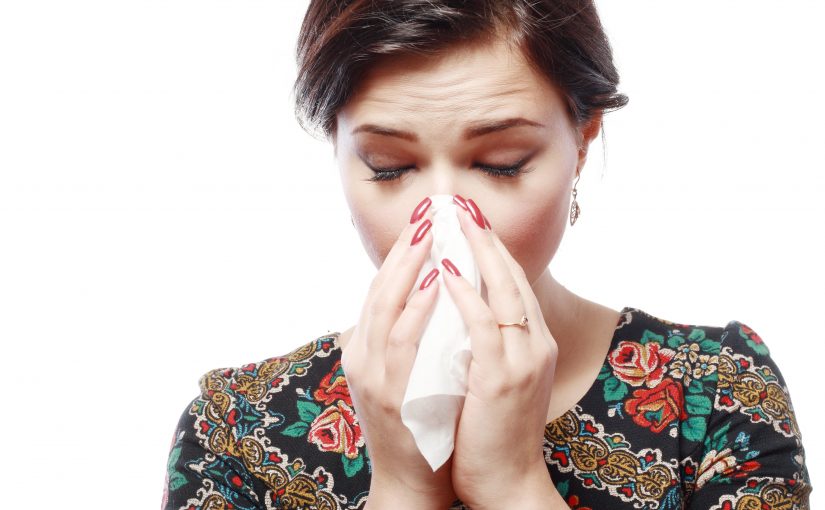Allergies can significantly impact quality of life, causing symptoms ranging from mild discomfort to severe health issues. For many people, the triggers are found in their environment—pollen, dust mites, mold spores, and pet dander, to name a few. Fortunately, HVAC systems can play a crucial role in managing these allergens and improving indoor air quality.
1. Air Filtration
One of the primary ways HVAC systems help with allergies is through effective air filtration. Modern HVAC systems come equipped with advanced filters designed to capture airborne particles that contribute to allergies. High-Efficiency Particulate Air (HEPA) filters are particularly effective. They can trap particles as small as 0.3 microns with an efficiency of 99.97%, which includes pollen, dust, and mold spores. Regularly replacing or cleaning these filters ensures that they continue to function optimally, capturing allergens before they circulate throughout your home.
2. Air Purification
In addition to filtration, many HVAC systems can be paired with air purifiers to enhance allergen removal. Air purifiers work in conjunction with HVAC systems to remove pollutants and allergens from the air. Some systems use ultraviolet (UV) light to kill bacteria and mold, while others employ activated carbon filters to remove odors and volatile organic compounds (VOCs). By integrating these air purification technologies, HVAC systems can address a broader range of allergens and improve overall air quality.
3. Humidity Control
Controlling indoor humidity is another critical factor in managing allergies. High humidity levels can promote the growth of mold and dust mites, which are common allergens. HVAC systems with built-in humidifiers or dehumidifiers help maintain optimal humidity levels, usually between 30% and 50%. This helps prevent the proliferation of mold and keeps dust mites at bay, reducing the overall allergen load in your home.
4. Ventilation
Proper ventilation is essential for maintaining indoor air quality. HVAC systems that incorporate ventilation features ensure that fresh air is regularly brought into the home while stale air is expelled. This process helps dilute indoor pollutants and allergens, reducing their concentration and improving air quality. Additionally, some advanced systems include energy recovery ventilators (ERVs) or heat recovery ventilators (HRVs), which exchange indoor air with fresh outdoor air while minimizing energy loss.
5. Regular Maintenance
Routine maintenance of HVAC systems is crucial for their performance and effectiveness in managing allergens. This includes regular cleaning and servicing of filters, ducts, and other components. Clogged filters and dirty ducts can become reservoirs for dust, mold, and other allergens, which can then be spread throughout the home when the system is in operation. By keeping the system well-maintained, homeowners can ensure it functions efficiently and continues to help control allergen levels.
In conclusion, HVAC systems offer multiple benefits for allergy sufferers, from advanced filtration and air purification to humidity control and effective ventilation. By leveraging these features and ensuring regular maintenance, homeowners can significantly reduce indoor allergens and create a healthier living environment. As always, consulting with a professional HVAC technician can help tailor the system to best meet specific allergy management needs.

